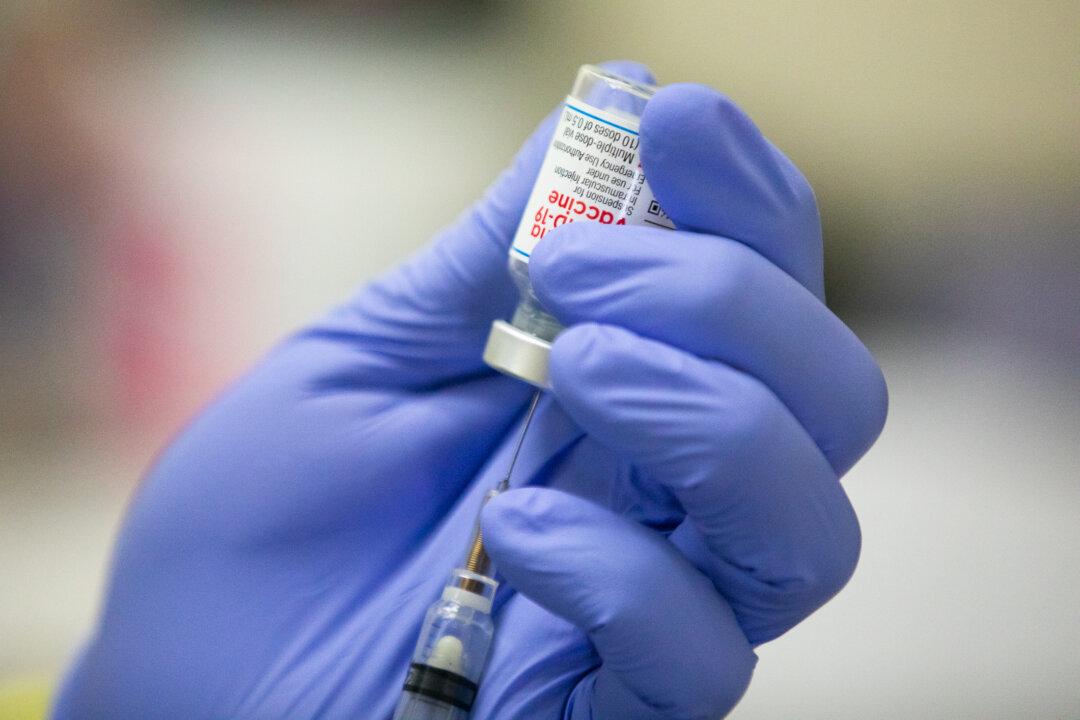Scientists at the Food and Drug Administration (FDA) on Tuesday said they were not taking a stance on a proposal to authorize booster shots of Moderna’s COVID-19 vaccine.
Moderna has asked the FDA to expand the emergency use authorization for its jab to allow a third dose for millions of Americans, pointing to waning effectiveness against infection of the CCP (Chinese Communist Party) virus, which causes COVID-19.





